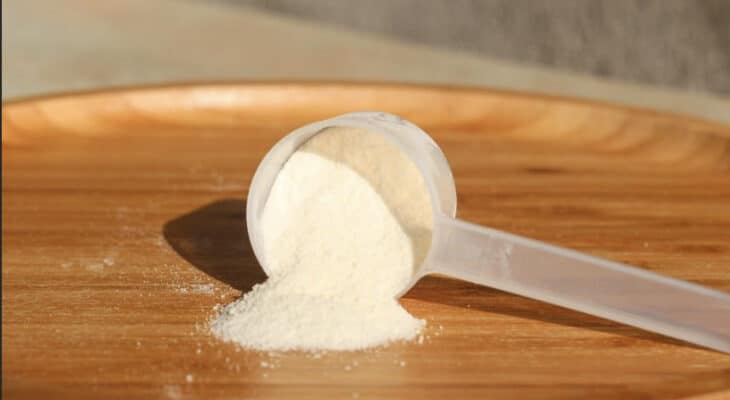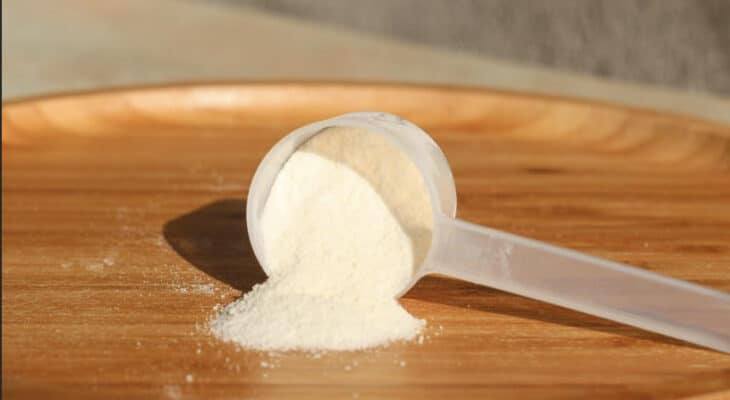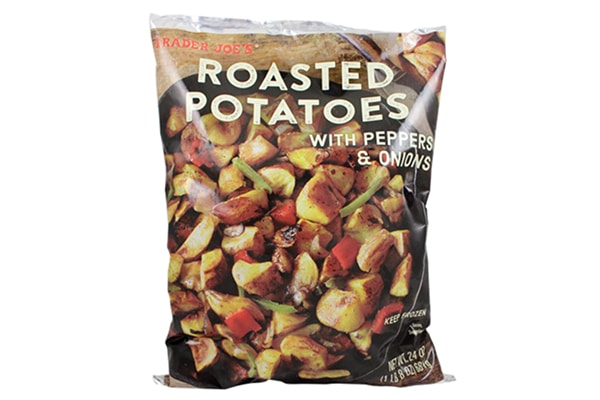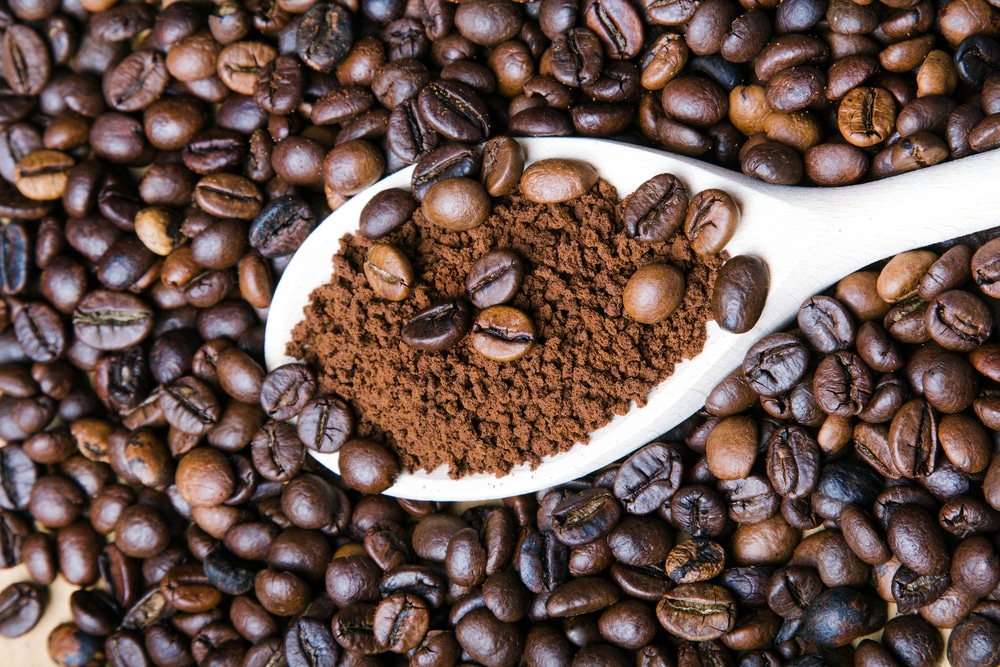
Despite the fact that collagen powder has become popular in recent years, there hasn’t been much discussion regarding collagen powder and if it can be used instead of protein powders. Are (Collagen powder vs. protein powder) they comparable? Is it possible to use collagen peptide powders and protein supplements interchangeably? Which one is best for me? In this article, we will answer these questions as well as dive deeper into the subject. So, have a seat and get yourself a cup of coffee.
Collagen and protein powder are two different products. What is the difference?
Let’s talk about the things that these two have in common. They are both amino acids, they both help the body with protein levels, and they are both valued by people who care about their health and well-being in general, so they will stay popular for a long time.
But you already knew that, didn’t you? We’d want to discuss the differences and which one would be the perfect option for us. To comprehend it, we must first learn about amino acids. Because amino acids are the building elements of protein structure, various proteins have different amino acids.
There are 20 different types of amino acids, which are divided into two categories: essential amino acids and non-essential amino acids.
Do these two have any differences?
11 of the 20 amino acids are non-essential, which indicates that the human body will automatically create these blocks.
What about the other nine important amino acids? For them, we must rely on external sources such as food and beverages, as well as supplements. Protein powders are rich in proteins, which means they include all of the 20 amino acids required by your body. Collagen supplements, on the other hand, include 19 of those amino acids,but are not classified complete proteins. So, this knowledge should answer the issue of whether they are replaceable or not: they are not replaceable, but rather provide various features in our bodies, which we shall discuss later. So, this knowledge should answer the issue of whether they are replaceable or not: they are not replaceable, but rather provide various features in our bodies, which we shall discuss later.
For more information check this articles: What is collagen powder made of?
Which type of protein is the best?
Well, it depends on what your needs are. When combined with resistance-style exercise, both supplements are effective for increasing lean muscular strength.
According to a September 2019 Nutrients research of overweight women, whey protein may enhance resting metabolic rate more than collagen.

Although whey protein may be more useful for improving body composition, collagen has less related side effects. Collagen may be a better alternative for people who are allergic to dairy or have lactose intolerance.
While whey protein may taste better due to the variety of flavors available, collagen can be more dynamic because it is often unflavored and can be simply put into your favorite smoothie.
“Because collagen is generally unflavored, it makes an excellent protein supplement to add to meals – it will not distort or hide the flavor of your foods,” Zeitlin says.
When is the appropriate time to take these different supplements?
you can use collagen powder any time you want. Do you want to blend it with your coffee? or mix it with cold water after a big breakfast? sure! You can use them in any way you like.
As long as you take collagen regularly and you’re on a routine, you’re on the right path. However, with protein powders, it is usually advised that the supplements be taken 30 minutes after an intensive workout to maximize efficiency and get better outcomes. Before and during a workout are other common times.
Protein supplements can aid with muscle mass
That is not to say that collagen peptide supplements will not help in muscle mass.
Several research have been conducted to analyze this question. In one research, collagen peptide supplements and placebo powders were given to two groups of weak men who had just begun exercising, and the findings showed that those who took collagen had much higher muscle growth than those who took placebo powders.

To be honest, that is not a strange thing for us. After all, collagen powders are natural proteins, and they are similar to protein powders.
As we said before, protein powders are total proteins, whereas collagen powders include 19 of the 20 amino acids. Furthermore, the amino acid content of the protein supplements is constructed in such a manner that it aids in muscle mass formation.
Conclusion:
As a result, your lifestyle will determine whether you should take collagen powders or protein powders. Protein supplements are your greatest friend if you are primarily concerned with muscle mass and regularly go to the gym to workout.
They provide pure protein and are intended to help you grow muscle mass.
Collagen peptide powders, on the other hand, are ideal if you are concerned about your overall health, as well as your skin, bones, nails, and joints.
A gym lover, for example, may gain more from protein powders, but a casual (or even an avid) runner may gain more from collagen powders.






















